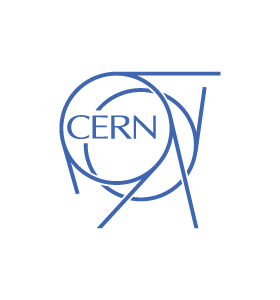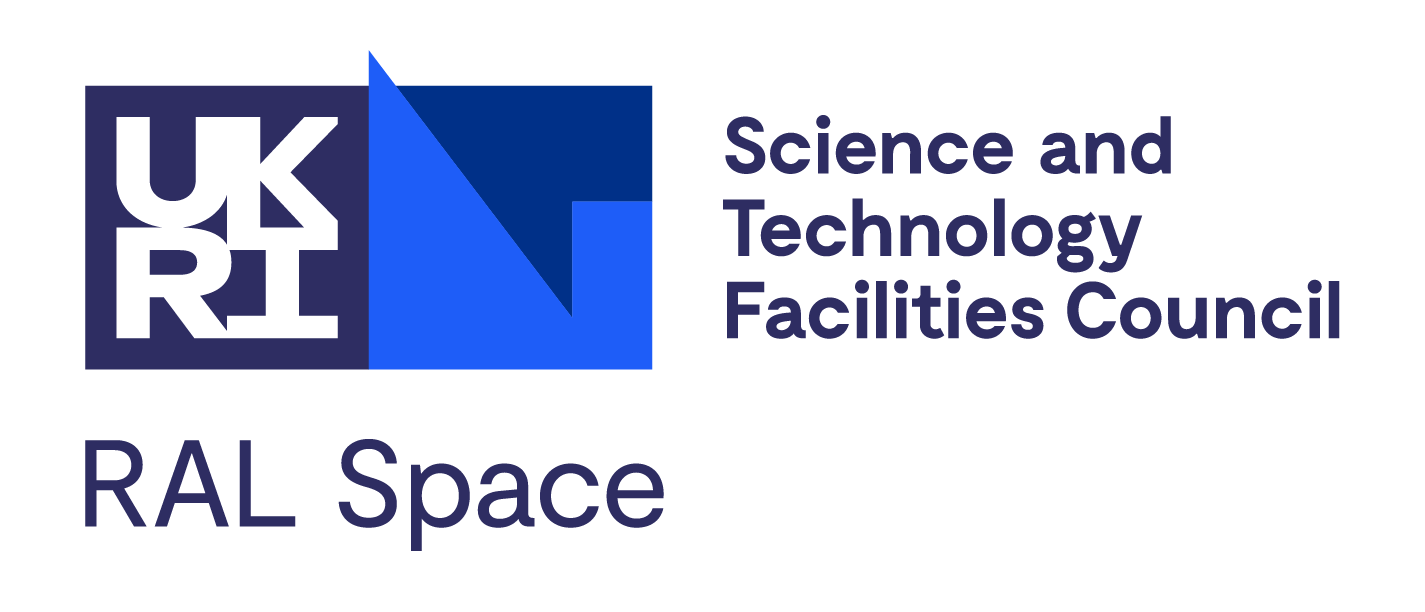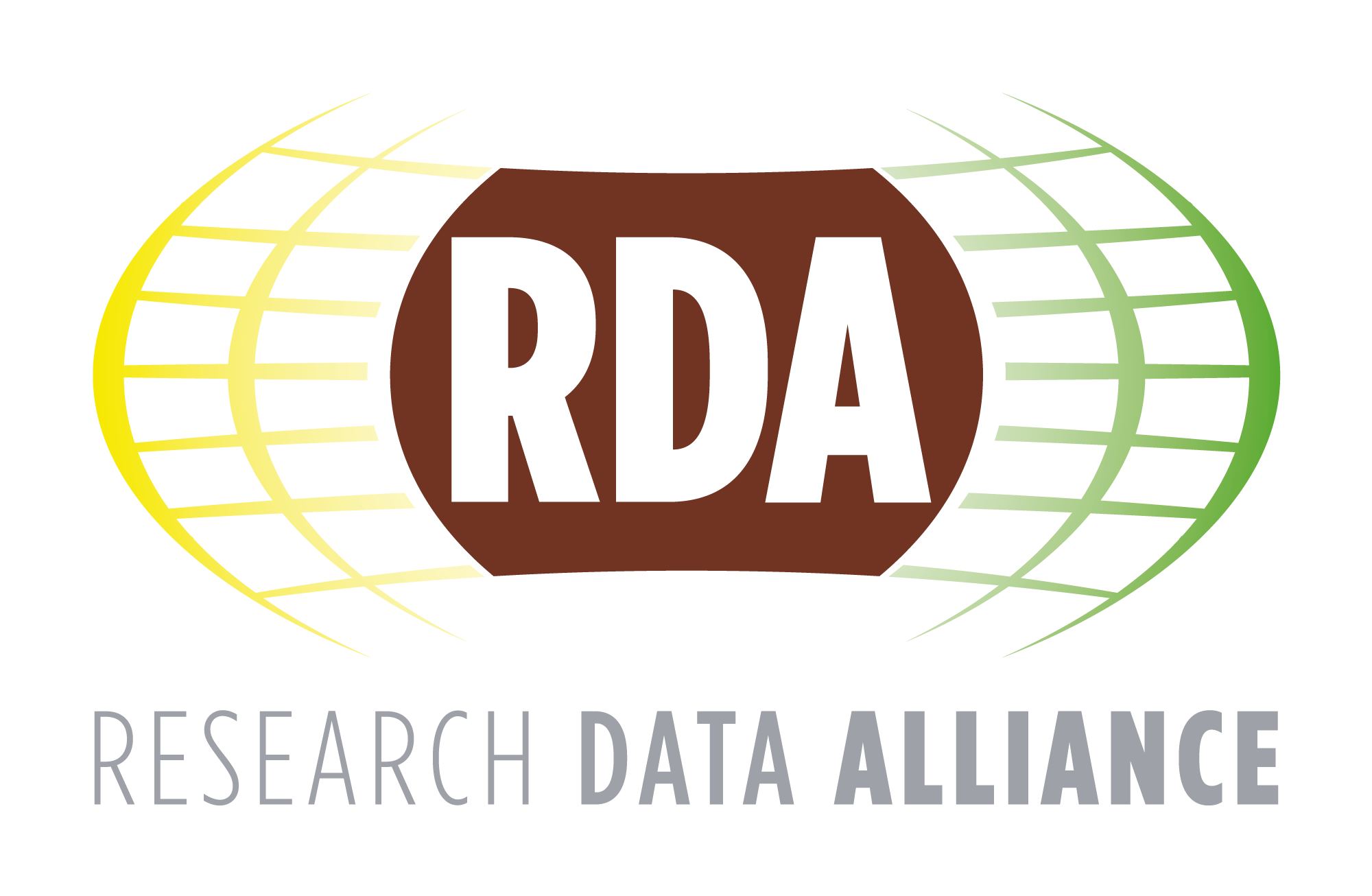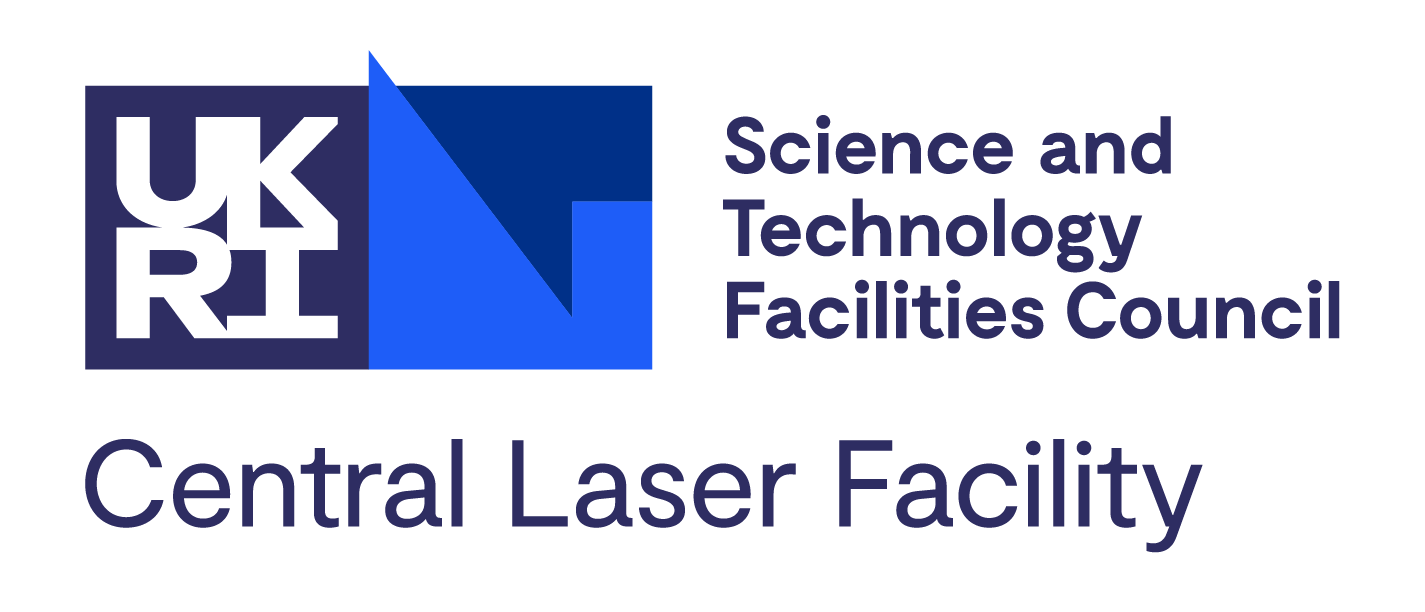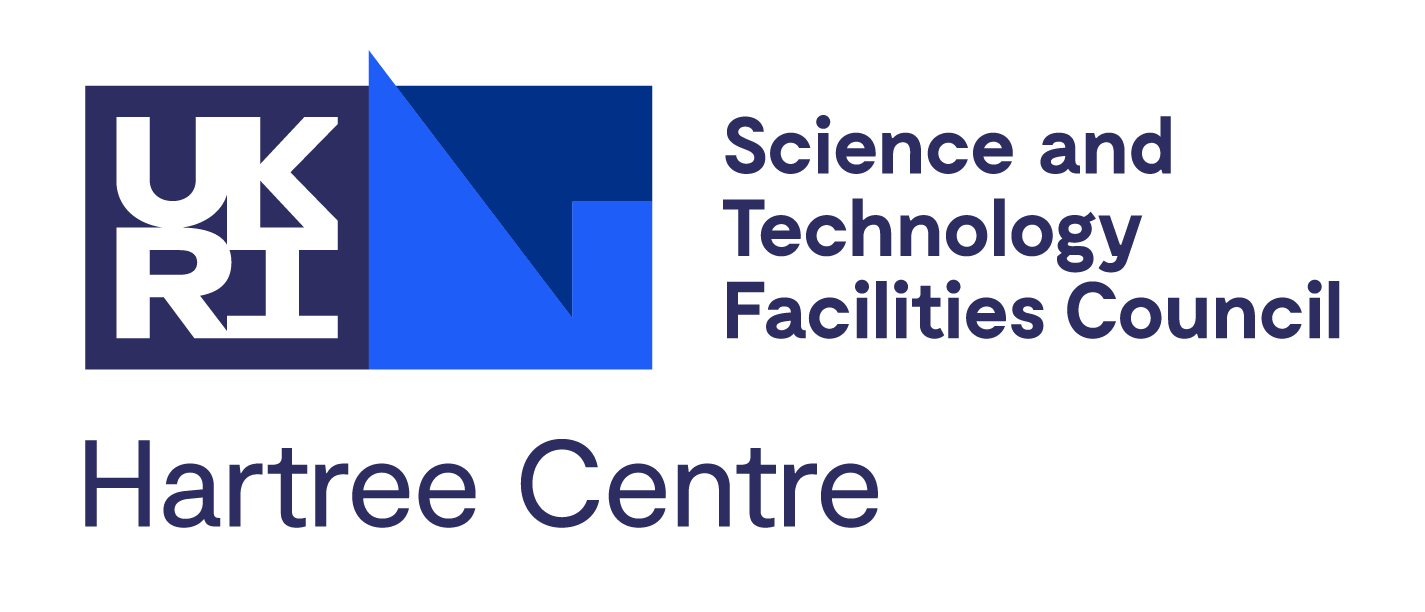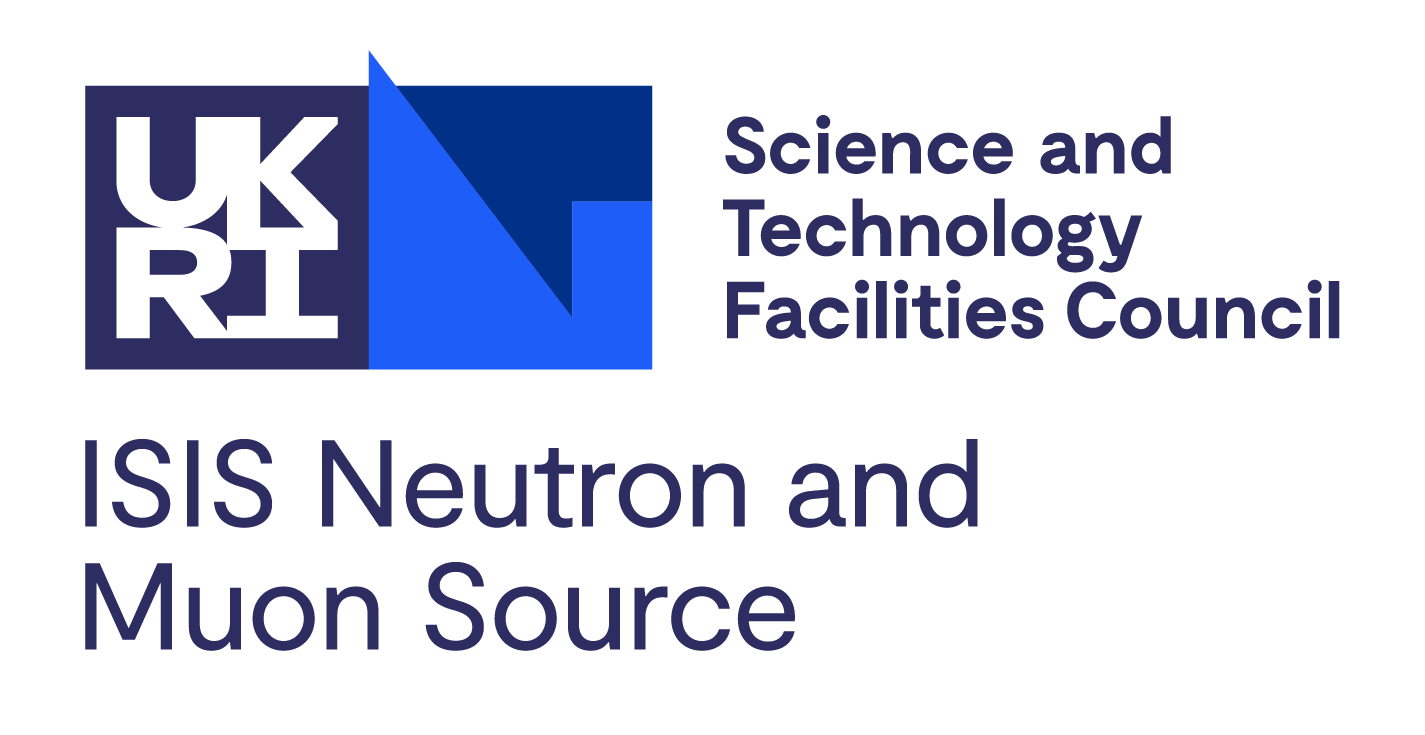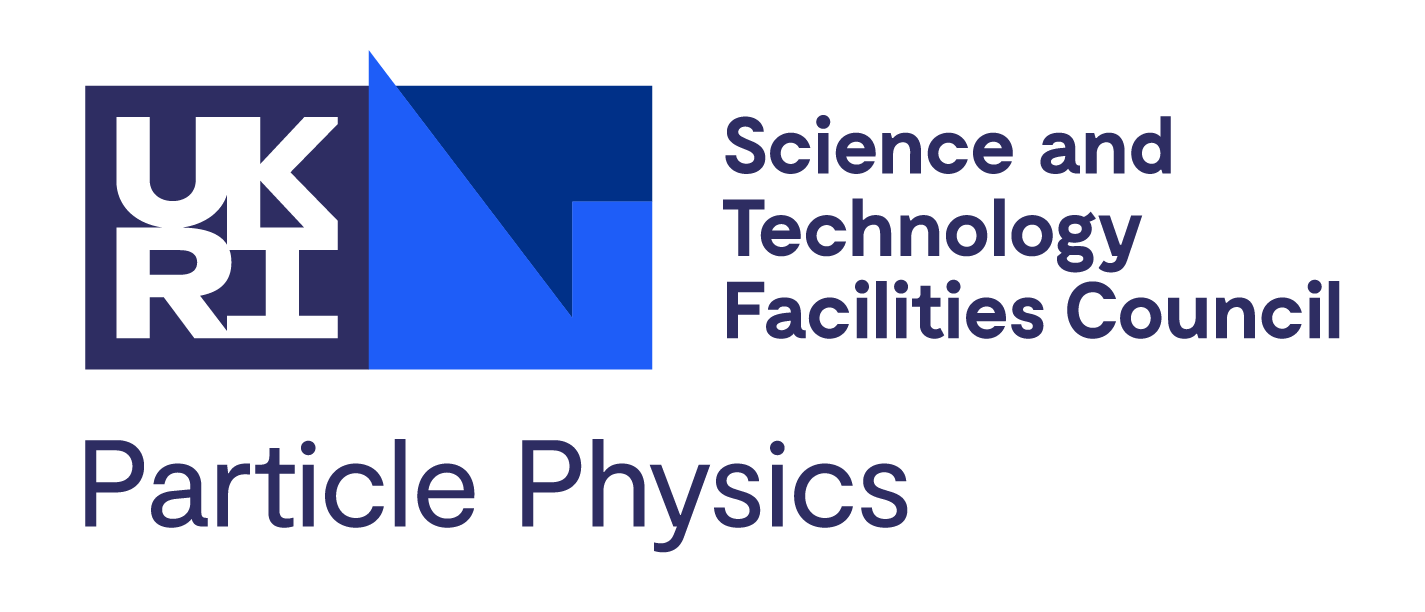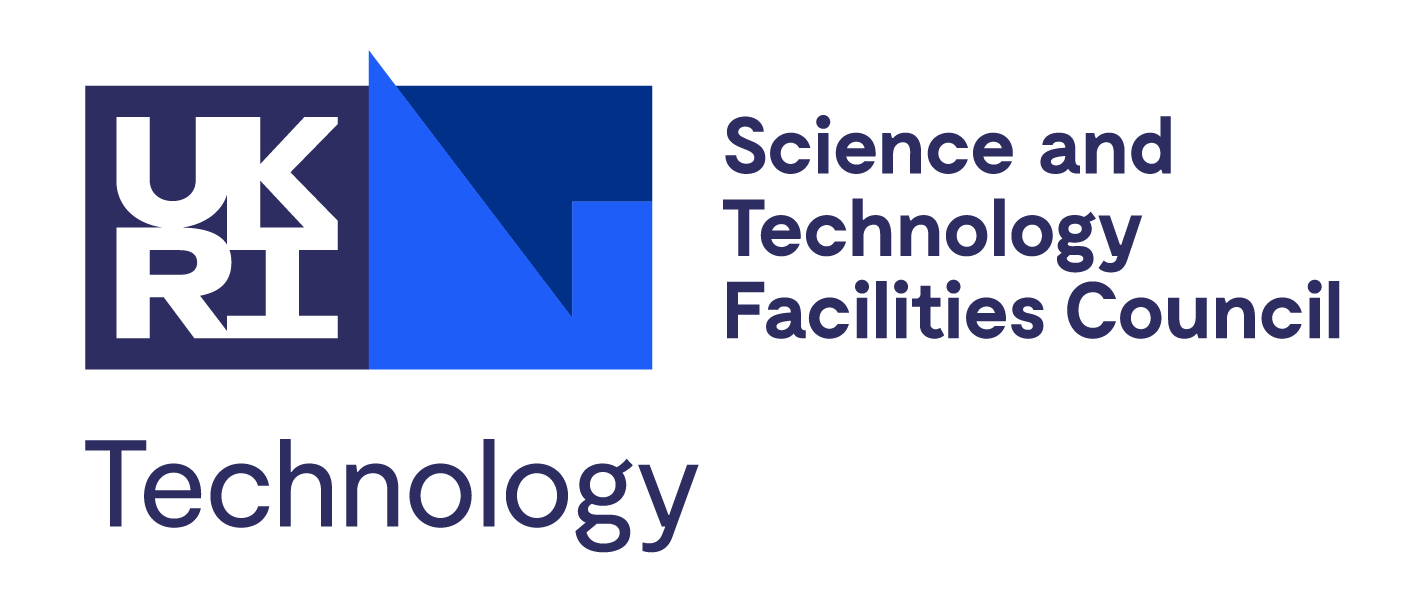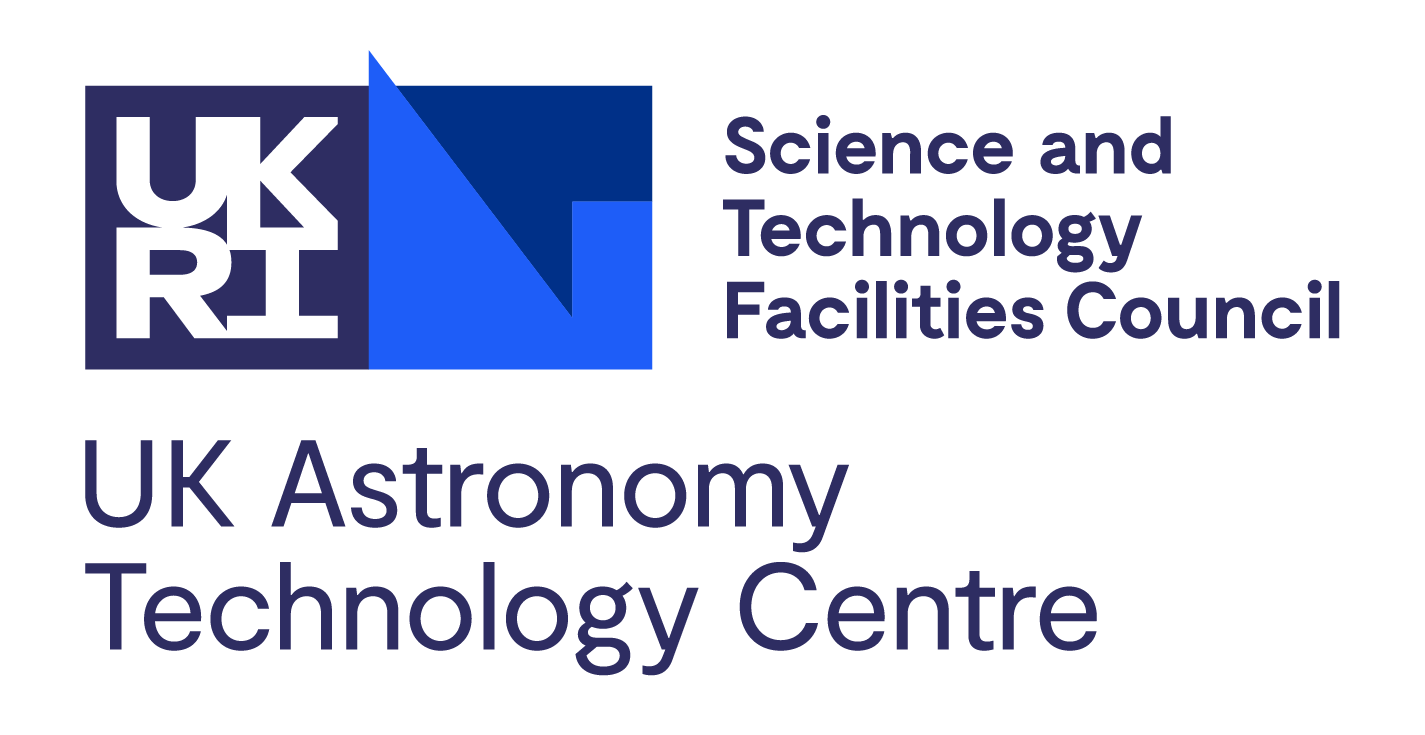
Open Science
Open Science aids collaboration, accelerates discovery and innovation, and supports research integrity, enabling transparency and verification of research results. It works across STFC National Laboratories to provide support for greater openness in research and the adoption of the FAIR data principles (Findable, Accessible, Interoperable, Reusable).
Open Science helps researchers by:
- Providing support for and enabling open science policies, practices and tools through open access publications and FAIR data practices
- Managing and curating research repositories
- Participating in research projects

Open science, relates to how research is performed and how knowledge is shared based on the principle that research should be as open as possible. Open science helps to support transparency, verification and reproducibility of research as well as enabling research to take advantage of digital technology.
The Open Science theme works collaboratively across STFC, UKRI and internationally to define policies, develop and deploy tools and practices to support STFC research and researchers to realise the benefits of open science.
Elizabeth Newbold, Theme Lead, Open Science
Groups
Data Stewardship
Our data curators primarily support the work of DAFNI, they work across projects providing expertise on data curation, data sharing and re-use including support for the FAIR principles. Examples areas of activity are the DAFNI-CROSSEU and the DAFNI Data Infrastructure for National Infrastructure (DINI) projects.
Library Services
Library services provide access to information needed by STFC staff and visitors in a wide range of scientific, technical, management and other fields. Published papers, data and interactions in virtual environments all produce resources which we bring together, organise and promote for the benefit of scientific research and technology. In consultation with customers, we balance our investment across a range of information resources and the infrastructure required to deliver the service. Further information and access to the library catalogue is available from the library webpage.
Open Repositories
The Open Repositories group works collaboratively across the department on activities related to the development, management and operation of open repositories. Team members manage and curate the institutional repositories ePubs and eData supporting researchers in STFC to make their research outputs openly available. Additionally, we participate in the curation of Inspire. We also contribute to the specification, of new repositories that are in development including work with PSDI.
Research e-Repositories
eData
eData is the STFC institutional repository for staff who have a requirement to deposit data and/or software, especially data that underpins research publications or where funder policy requires the supporting data to be made openly available. eData offers a complete service for the deposit, registration, discovery, sharing and citation of data, allowing staff to comply with funder data policies, FAIR and Open Data best practice.
ePubs
ePubs is the institutional repository and open archive for the Science and Technology Facilities Council’s research publications.
ePubs contains records and full-text of publications in which authors quote affiliation to STFC, or report on work carried out at STFC facilities. As well as current publications, ePubs includes many records of publications from STFC’s predecessor organisations, CCLRC, SERC, SRC and NIRNS, as part of its aim to preserve a true archival record of the organisations’ output. The oldest publication records date from 1957.
Projects
FAIR Impact
FAIR Impact “Expanding FAIR solutions across EOSC” is funded by the European Commission Horizon Europe programme. Coordinated by DANS and supported by 27 additional partners from 11 countries. The project started in June 2022 and runs until May 2025. FAIR-IMPACT identifies practices, policies, tools and technical specifications to guide researchers, repository managers, research performing organisations, policy makers and citizen scientists towards a FAIR data management cycle. The focus is on persistent identifiers (PIDs), metadata, ontologies, metrics, certification and interoperability, starting with real-life use cases on social sciences and humanities, the photon and neutron sciences, life sciences and agri-food and environmental sciences.
FAIRsFAIR
FAIRsFAIR “Fostering Fair Data Practices in Europe” received funding from the European Union’s Horizon 2020 Project. It ran for three years from March 2019 concluding in 2022. The project aimed to supply practical solutions for the use of FAIR data principles throughout the research data life cycle. The Open Science theme led a work package on the FAIR Competence Centre a key component of the work was the delivery of training for data stewards.


